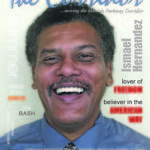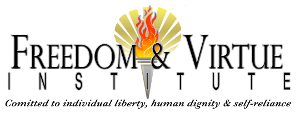The more I work in ministry and service to those in need and the more I interact with people in the same field, the more I am convinced of the existence of a fundamental chasm between those of us who don’t see the “state” as the primary agent of care and those who do.
So many people in the field have been trained in social work. That area is a minefield of a collectivist anthropology and statist sociology, that directly or subtly collapses the basic communities of society within the affairs and institutions of the state. To them, the problem is structural and systemic. The momentary solutions that are developed, are based on changes in policy, changes in systems, and more funding for agencies (both public and private).
They appear convinced that if we just had more funding, we could attend more needs, and that will solve the problems. They distrust and scoff at organic solutions that do not require planning, agencies, and redistribution. Ultimately, they inevitably radicalize because their answers do not solve the problems and they call for a totally new social arrangement as the only final solution—never caring to question their foundational assumptions.
But, what if we could foster attitudes and lead initiatives that create liberty, self-reliance, and human dignity? We invite you to work with us to empower those that wish to better their situations and live a dignified, self-sustainable life.

Ismael Hernandez, Is executive director of the Freedom & Virtue Institute, an organization dedicated to the promotion of the ideas of liberty, faith, and self-reliance. Ismael is a regular lecturer with the Acton Institute in Grand Rapids, Michigan, and has spoken at Heritage Foundation, the Cato Institute, the Foundation for Economic Education and many other organizations. He is a regular speaker at service clubs around the country and is the author of the acclaimed book Not Tragically Colored: Freedom, Personhood, and the Renewal of Black America. He is a noted expert on questions of effectively serving the poor and race relations.


